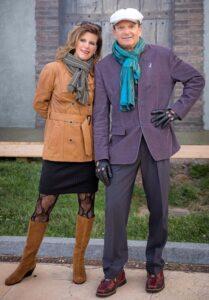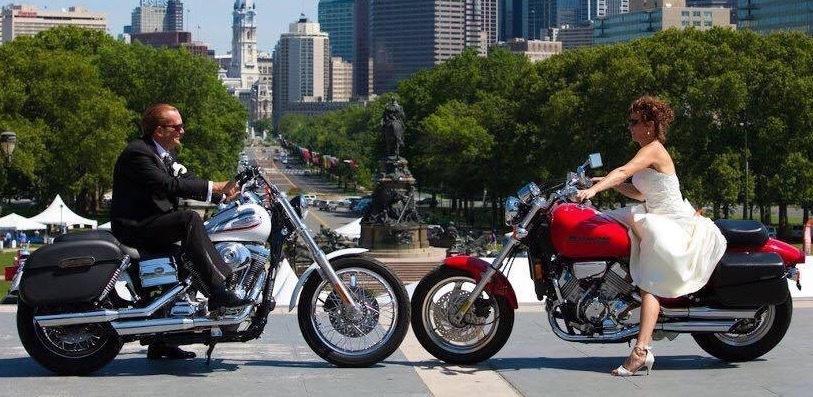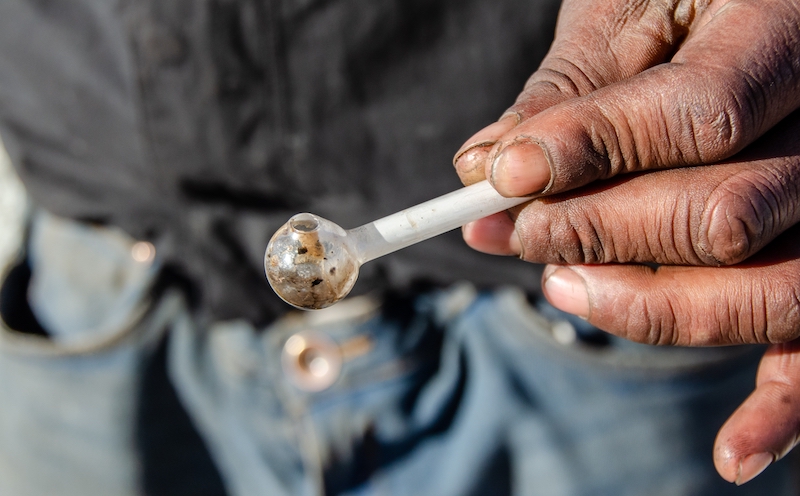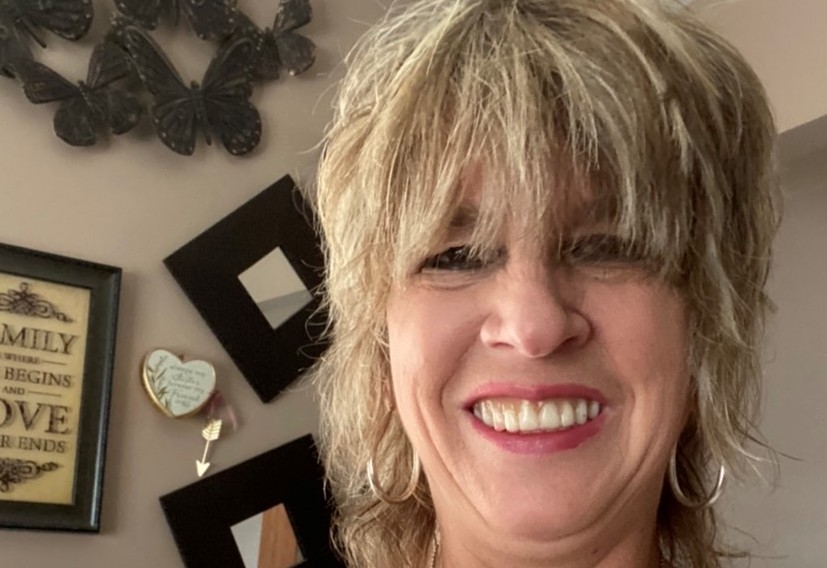To help her husband overcome his battles with alcohol, Chantal Jauvin discovered she also needed to take care of herself
By Chantal Jauvin
I’ve always relished new beginnings. For years as an attorney, there was no greater anticipation than settling into a new overseas assignment, whether in Cambodia, Russia or Austria. My life burst with vivid memories of discovering new cultures and overflowed with friends scattered around the globe.
When I met Bill, we shared that wonder for the world. As a global executive, he had moved from Canada to the United States via Bangkok, Buenos Aires and Paris. We had both reached a point where we craved roots. Almost on a whim, we decided to settle down in Philadelphia and create a fresh start.
Call me naïve, but I was completely blind. Addiction had entered my home, and I never saw it coming. Bill never drank excessively in my presence, never stumbled and never slurred his words.”
In what we expected to be a brief pause in our careers, we planned to fill our days with our shared passion for cycling, motorcycling and traveling. But life had different plans for us. Somewhere between unpacking the first boxes, our sudden departure for Canada to be at his mother’s deathbed while she slipped away and our return a few months later, Bill morphed into someone I did not recognize.
I reasoned that his recent acrimonious divorce, the cross-country move and his mother’s death were to blame for his mood swings. Time and love would heal him. Unbeknownst to me, a much deeper and underlying current began to manifest itself in his life. I nudged him to cycle, encouraged him to make new friends and call his family, but nothing worked. His retreat and isolation baffled me. The more he withdrew, the harder I tried to save him.
Call me naïve, but I was completely blind. Addiction had entered my home, and I never saw it coming. Bill never drank excessively in my presence, never stumbled and never slurred his words. I began to wonder if I was the cause of all the yelling and slammed doors.
I, too, needed to recover from my new codependent habits, loss of self-care and enmeshment with him. Early recovery was like a long bike trip full of potholes, rain and flat tires.”
One morning I accidentally picked up his glass of grapefruit juice; the spell was broken. I spit out what tasted like straight vodka. It was 6 a.m. A few days of cat-and-mouse sniffing his coffee and water glass confirmed what I now suspected: Bill was “overdrinking.” This secret weighed on me as I failed to understand why he would jeopardize our relationship over alcohol.
Falling back on my instinct from years of living abroad, I sought help to explain what I did not understand. I desperately wanted a translator to interpret for me. Bill reluctantly accompanied me to a relationship counselor. Within a few sessions, she handed him a phone number and said, “You need to call this addiction therapist.” Though it felt like months of chaos and setbacks, the therapist convinced Bill that he needed treatment.

We did what we knew best as executives: We teamed up, created a plan and took on the challenge. It meant attending couples’ retreats, joining fellowships and hiring therapists. It was hope that kept us engaged with this hard work.
Five years into recovery, we hit the wall. Externally our world appeared a dream, with our upscale murder mystery parties, my remission from ovarian cancer and our cycling trips in the Loire Valley. In the privacy of our home, however, life was crumbling. Bill once again became a stranger as he struggled with antidepressants (though he remained sober). I romanced the idea of divorce and a fresh start. Still, I could not let go of the hope that we were more than travel buddies.
We just kept at it. It was a bit like negotiating a cross-border deal. We worked it until we found solutions. Then we would renegotiate what we wanted out of the relationship. A few more years later, all the soul work evolved into a healthy relationship.
For us, being a couple in long-term recovery means we can enjoy a life full of adventure and community, whether speaking at a Rotary meeting in Myanmar, mentoring kids locally, cycling the French countryside, supporting others in recovery or spending time with our family in Canada.
Chantal Jauvin, LLB, MBA, is the author of the newly published book Love Without Martinis: How Couples Build Healthy Relationships in Recovery, Based on Real Stories.












